Keywords: Solitary Confinement
-

AUSTRALIA
- John Chesterman and Ilan Wiesel
- 01 March 2024
1 Comment
The key to combatting increasing levels of loneliness and social isolation will likely start in the way we think about cities, public spaces and social care to enable meaningful connections between people, and help to guard against harms caused by habitual loneliness. But we'll need to get creative.
READ MORE 
-
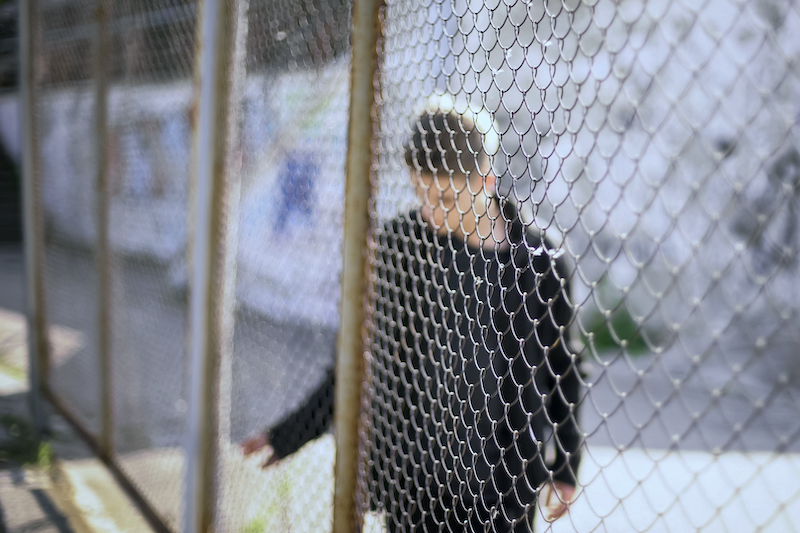
AUSTRALIA
- Andrew Hamilton
- 07 September 2023
4 Comments
On the face of it, the decision of the Queensland Government to pass an amendment to permit holding children in police cells was a desperate and discrediting action. Underneath it, however, was a complex coming together of events, prejudices and attitudes.
READ MORE
-
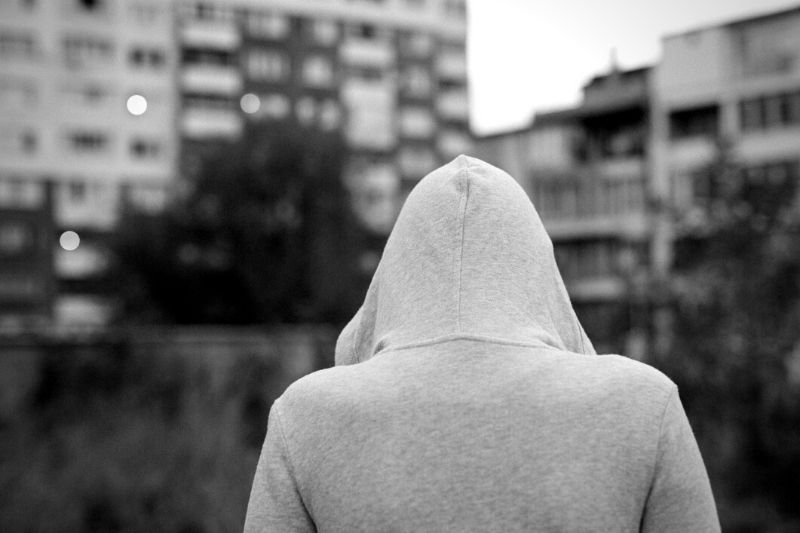
AUSTRALIA
- Andrew Hamilton
- 27 July 2023
6 Comments
In a society quick to categorize children as either good or bad, reform efforts seem caught in a cyclical battle. Children often fall victim to these broad definitions, especially those from disadvantaged groups. What factors cause these cycles of progress and relapse, and how can lasting reform be achieved?
READ MORE
-
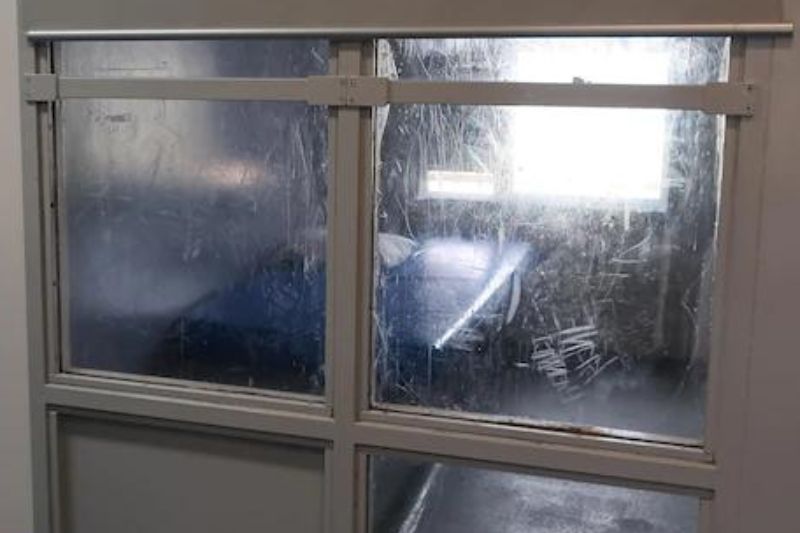
AUSTRALIA
- Andrew Hamilton
- 20 July 2023
1 Comment
A Supreme Court judge in Western Australia has banned solitary confinement at Banksia Detention Centre, shining a light on the controversial practices within the nation's juvenile justice centres. Yet, public response remains muted despite the troubling revelations, raising concerns about systemic failures, the need for empathy and societal responsibility towards our youth.
READ MORE
-
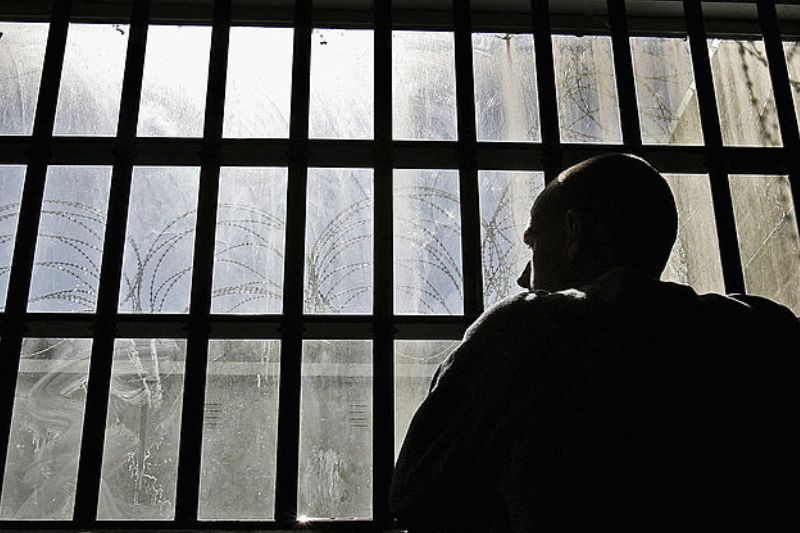
AUSTRALIA
- Damien Linnane
- 27 July 2022
Two months into a 10-month prison sentence, I was placed in solitary confinement after having a nervous breakdown. I’d originally made a fruitless attempt to keep my breakdown to myself, because I’d been told what would happen if Corrective Services found out I was having mental health issues. One of the first friends I made in prison, like many of the inmates, was suicidal. ‘The best advice I can give you if you’re struggling with your mental health’, he told me, ‘is to do everything you can to keep it from the officers.’
READ MORE 
-
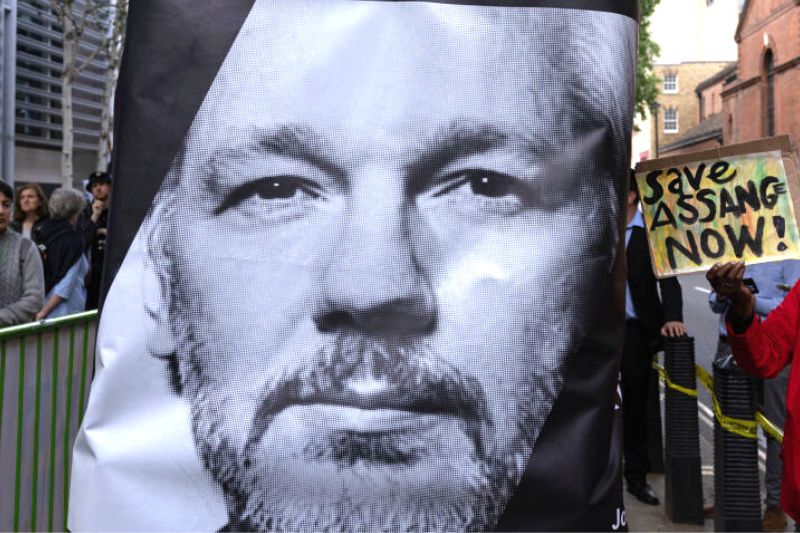
INTERNATIONAL
- Binoy Kampmark
- 19 July 2022
3 Comments
The only shock about the UK Home Secretary’s decision regarding the extradition of Julian Assange was that it did not come sooner. In April, Chief Magistrate Senior District Judge Paul Goldspring expressed the solemn view that he was ‘duty-bound’ to send the case to Priti Patel to decide on whether to extradite the WikiLeaks founder to the United States to face 18 charges, 17 grafted from the US Espionage Act of 1917, and one based on computer intrusion.
READ MORE 
-
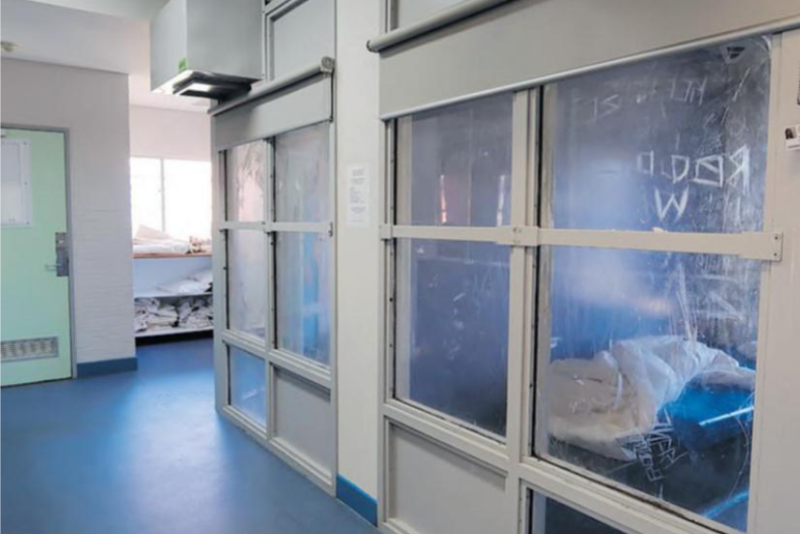
AUSTRALIA
- Julian Butler
- 22 February 2022
5 Comments
Having previously spent time as lawyer working predominantly in the Children’s Court of Victoria, there isn’t too much about the State’s treatment of young people that shocks me. That is, until a few weeks ago when I was drawn to the final item of The Weekend Australian’s editorial column. Under the heading, ‘Hurt boy’s inhuman treatment’, was set out the details of a 15-year-old West Australian boy who had been ‘locked alone in a glass-walled observation cell of a juvenile detention centre in the southern suburbs of Perth for 79 days.’
READ MORE 
-
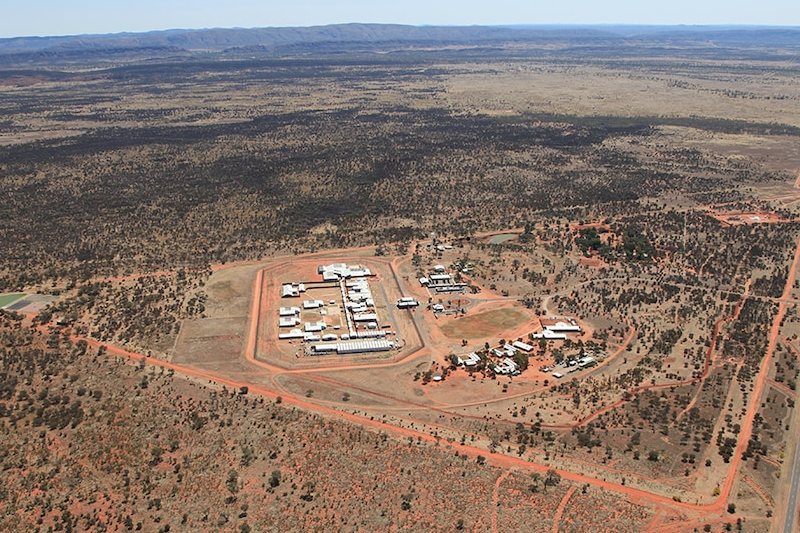
AUSTRALIA
- Julie Edwards
- 18 January 2022
2 Comments
The images are simultaneously striking and terrifying. A raging grassfire that is shooting flames into the sky and destroying nature around it and lapping perilously close to the fences around Central NSW’s Lithgow Correctional Centre. As local residents were evacuated and highways were closed to protect public safety when the fire raged out of control just before Christmas in 2019, 400 prisoners remained detained.
READ MORE 
-
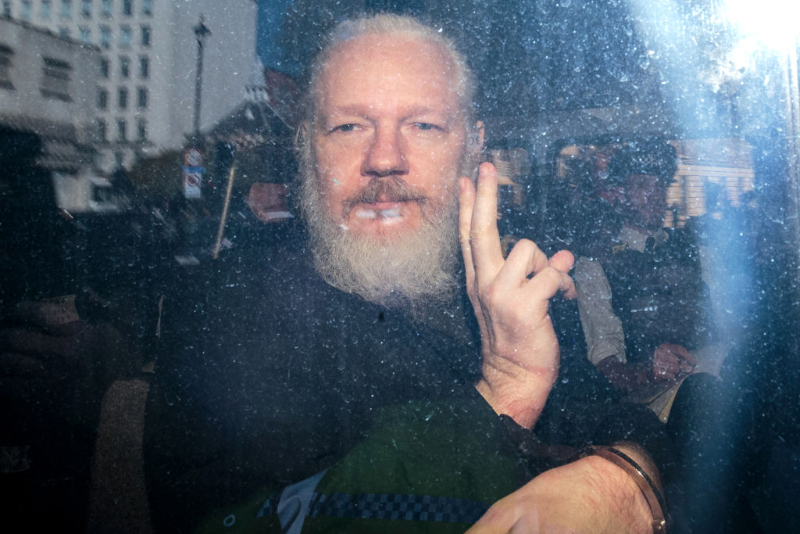
INTERNATIONAL
- Binoy Kampmark
- 16 December 2021
18 Comments
The legal pursuit of Assange is disturbingly unique not only for using an archaic law against a non-US national; it is also the first instance of an international application of it against a publisher. The law, if applied in the way suggested by the charges, criminalise the receipt, dissemination and publication of national security information, irrespective of motive. If the US Espionage Act 1917 were applied in this way, it would appear to subvert the free press provision in the United States Constitution.
READ MORE 
-
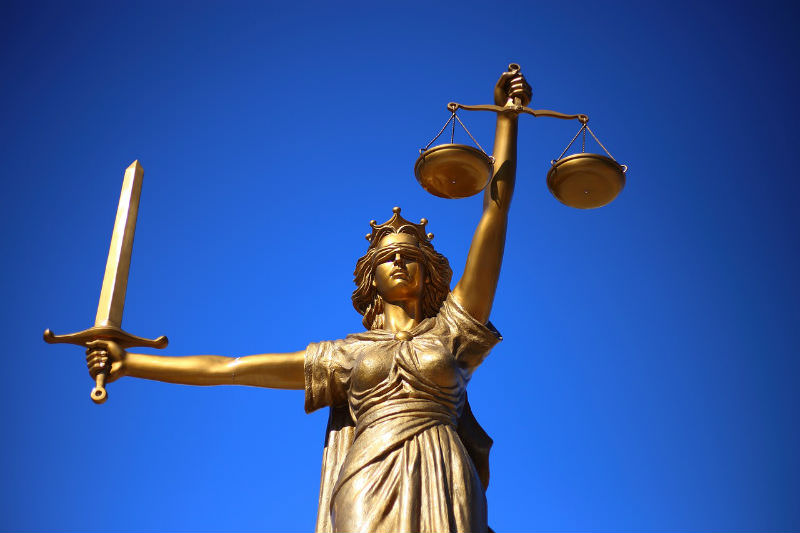
AUSTRALIA
- Justin Glyn
- 02 March 2021
Hearing 11 of the Commission has looked at how Australia’s justice system treats people with disabilities. The intersection between disability and the criminal justice system is, unfortunately, not a happy one.
READ MORE 
-
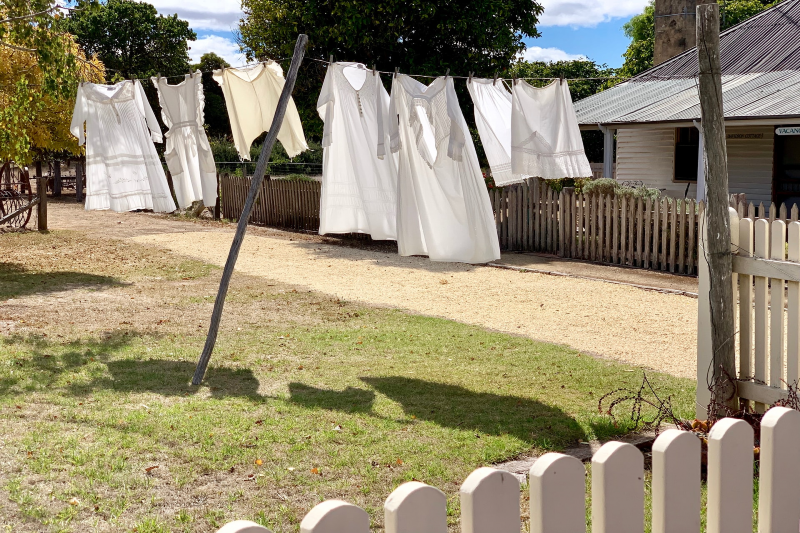
ARTS AND CULTURE
- Jamie Dawe
- 16 February 2021
2 Comments
In a stilted, modest Queenslander in Cumming Street we lived. Pets, organic alimentation and perishable bartering. Egg producing Cackling Rhode Island Reds, Leghorns and Bantams. Freedom to explore the countryside without fear or anxiety. Long conversations over low fences.
READ MORE 
-

AUSTRALIA
- Andrew Hamilton
- 24 September 2020
21 Comments
The objections to the legislation focus correctly on the infringement of human rights. That phrase, however, is bloodless. It might suggest that rights form a list to be ticked off. Human rights are better conceived as a way of speaking about the conditions necessary for people to live decent human lives. The proper place from which to reflect on them is the actual lives of the people who are affected.
READ MORE 